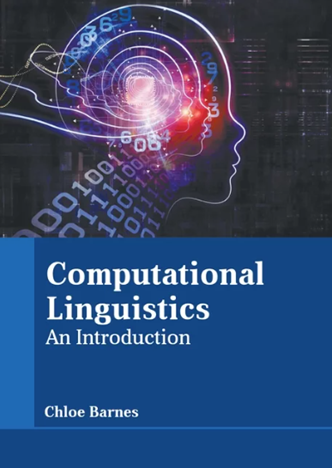Neural Data-to-Text Generation Based on Small Datasets: Comparing the Added Value of Two Semi-Supervised Learning Approaches on Top of a Large Language Model
IF 5.3
2区 计算机科学
引用次数: 0
Abstract
Abstract This study discusses the effect of semi-supervised learning in combination with pretrained language models for data-to-text generation. It is not known whether semi-supervised learning is still helpful when a large-scale language model is also supplemented. This study aims to answer this question by comparing a data-to-text system only supplemented with a language model, to two data-to-text systems that are additionally enriched by a data augmentation or a pseudo-labeling semi-supervised learning approach. Results show that semi-supervised learning results in higher scores on diversity metrics. In terms of output quality, extending the training set of a data-to-text system with a language model using the pseudo-labeling approach did increase text quality scores, but the data augmentation approach yielded similar scores to the system without training set extension. These results indicate that semi-supervised learning approaches can bolster output quality and diversity, even when a language model is also present.基于小数据集的神经数据到文本生成:在大型语言模型上比较两种半监督学习方法的附加价值
摘要:本研究探讨了半监督学习与预训练语言模型相结合在数据到文本生成中的效果。目前尚不清楚,当大规模语言模型也被补充时,半监督学习是否仍然有用。本研究旨在通过比较仅辅以语言模型的数据到文本系统与两个通过数据增强或伪标签半监督学习方法进一步丰富的数据到文本系统来回答这个问题。结果表明,半监督学习在多样性指标上取得了更高的分数。在输出质量方面,使用伪标记方法的语言模型扩展数据到文本系统的训练集确实提高了文本质量分数,但数据增强方法产生的分数与没有扩展训练集的系统相似。这些结果表明,即使存在语言模型,半监督学习方法也可以提高输出质量和多样性。
本文章由计算机程序翻译,如有差异,请以英文原文为准。
求助全文
约1分钟内获得全文
求助全文
来源期刊

Computational Linguistics
Computer Science-Artificial Intelligence
自引率
0.00%
发文量
45
期刊介绍:
Computational Linguistics is the longest-running publication devoted exclusively to the computational and mathematical properties of language and the design and analysis of natural language processing systems. This highly regarded quarterly offers university and industry linguists, computational linguists, artificial intelligence and machine learning investigators, cognitive scientists, speech specialists, and philosophers the latest information about the computational aspects of all the facets of research on language.
 求助内容:
求助内容: 应助结果提醒方式:
应助结果提醒方式:


